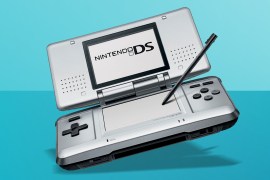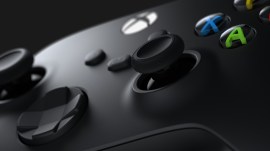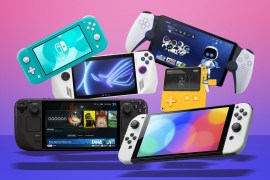I hope the Switch 2 has a bit more of the Wii U and 3DS in it
Nintendo should look to the past as it plans for the future.

The Wii U and 3DS have been pretty dead for quite a while now, but this month has had a real end-of-an-era feel to it, as Nintendo shut down all online services for both consoles. You can still use them of course, but not to play with friends.
It doesn’t take much for me to get nostalgic about the 3DS in its heyday, and for all its many flaws, I still have a lot of affection for the Wii U, too. Nintendo fetching the final nails for their respective coffins has got me thinking about what exactly it is that I miss about them. Especially as I’m on record calling the Switch, which ultimately succeeded both systems, my favourite console of all time.
In many ways the Switch is the ultimate Nintendo console. It takes everything the company has learned from its long history in both the handheld and home console businesses and combines it all in a single device that you can play anywhere. It’s an innovative marvel of engineering, with a game library that caters to Nintendo’s hardcore fans and the casual crowd it’s been chasing since the days of the Wii. And while it’s significantly less powerful than the PS5 and Xbox Series X, you won’t find many games that are as pleasant to look at as the likes of Super Mario Odyssey and The Legend of Zelda: Tears of the Kingdom.
But the Switch is missing something that the 3DS and the Wii U had in abundance, and it’s something I really hope Nintendo has put some thought into while designing the console’s seemingly soon-to-arrive successor. That something is personality.
Playing around
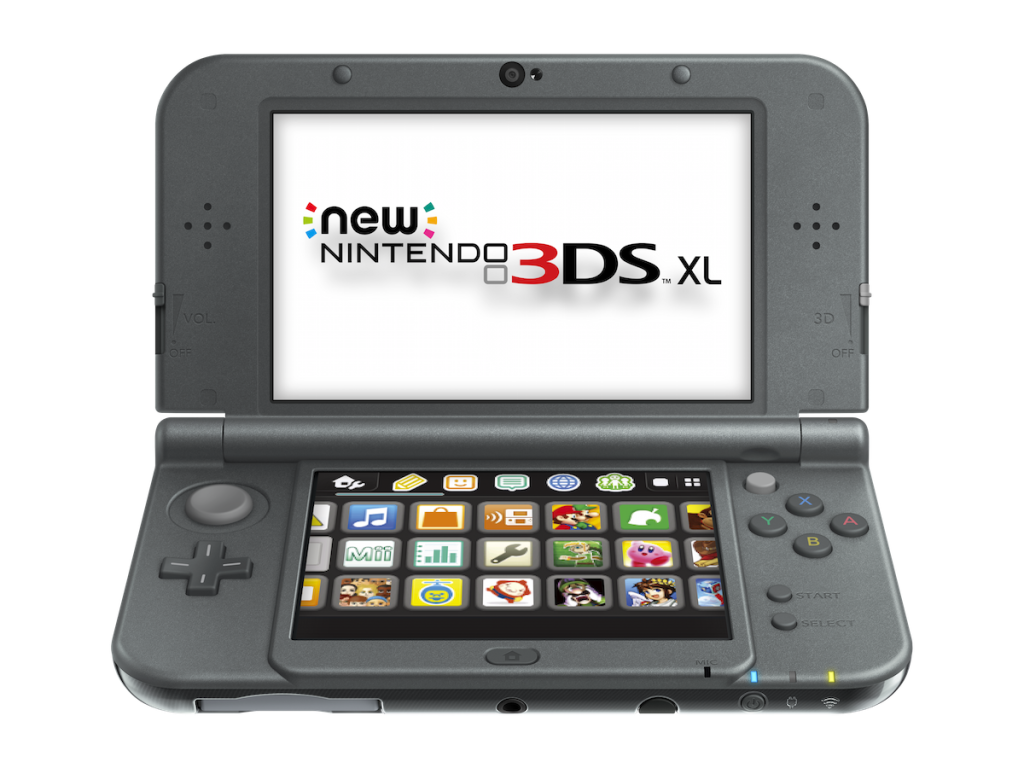
I still use my 3DS a fair amount, and while it’s clearly a remarkable feat of technology (have you ever seen 3D implemented better?), it also has an undeniably toylike quality. Nintendo’s DNA is all over the thing. When I open my 3DS, the Zelda theme starts playing, an 8-bit Link moves across the screen as I scroll through my games and apps, and the console emits sword swipe sound effects.
When I was still able to purchase games from the 3DS eShop the finished download would appear as a gift I had to unwrap (a little flourish that Panic would later replicate with its Playdate handheld). If I hover over the Donkey Kong Country Returns 3D game icon an animated DK holding a balloon appears to fly in and out of the display. Just deciding what game I want to play has me grinning. I’m already having fun. And when I load up the store (pointless as that now is), a catchy little tune starts to play. I didn’t get as involved in StreetPass – the much-missed social gaming feature that allowed 3DS users to wirelessly pass content between consoles using local Wi-Fi – as some, but I always appreciated the sense of community Nintendo managed to build around it.
The Wii U, meanwhile, went all in on the Miiverse, the social network that Nintendo eventually shut down after the Switch had arrived. When you turned on your console and looked at the TV, the screen would be filled with little Mii avatars wandering around a virtual plaza. Their existential speech bubbles were often so amusing that you’d forget you were there to play Mario Kart 8. The Wii U had music for both the shop and the general UI, and it all slapped.
Time to Switch it up
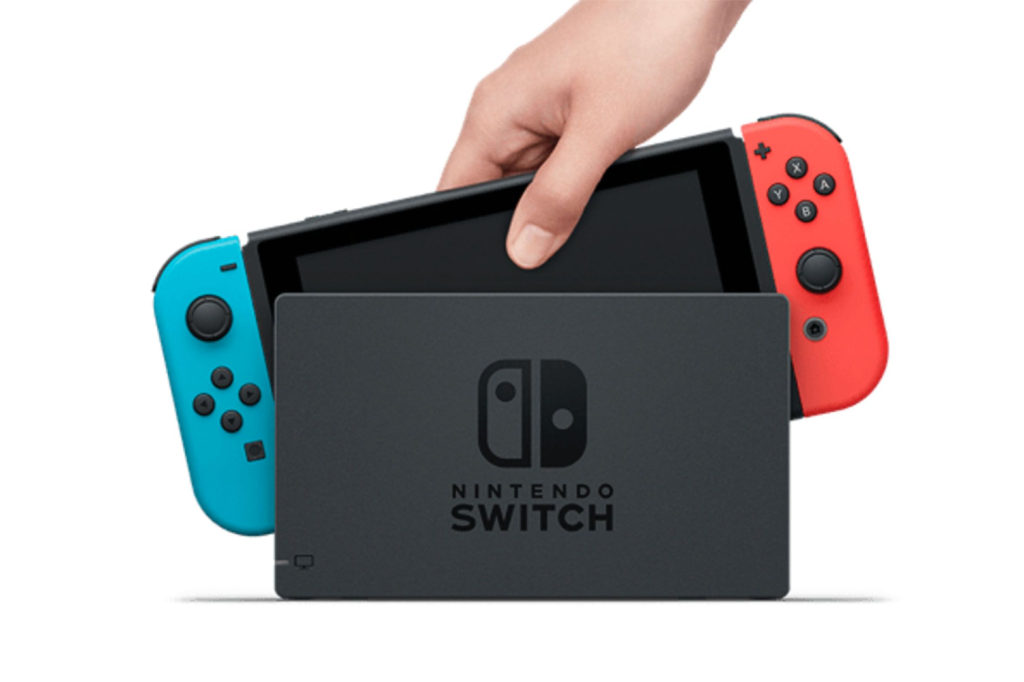
The Switch, by contrast, has no music. Its home screen has had precisely two themes since launch: black and white. There is still a Mii editor, but it’s buried in settings as if Nintendo would rather you didn’t notice. Now, I’m not saying that I want the Switch 2 (or whatever Nintendo eventually tells us it’s calling it) to be another Wii U. The Wii U GamePad was a chunky, unfortunately quite ugly device that veered too much towards the Fisher Price end of the toy spectrum. And sometimes you just weren’t in the mood for the Miis and all their random jabbering.
The Switch was conceived in a different era, one where everyone has a smartphone and children wield iPads as quickly as they learn to walk. It’s designed, I think, to reflect the immediacy and ease of use of modern touch devices. It’s a much more grown-up bit of kit than its predecessors, and by the time we got to the Switch OLED, we were dealing with a pretty sexy piece of electronics. The UI is clean and simple. Boring, one might argue, but no-nonsense, focused – and I appreciate that Nintendo has concentrated on games above all else throughout the Switch generation. When I turn on my console, I’m playing something within seconds.
But when the Switch’s successor eventually arrives, I hope Nintendo can find a happy medium. Unlike Sony and Microsoft, whose backgrounds are in consumer tech and computers, Nintendo will always be a toy company at heart, and I want its consoles to retain a bit of that playfulness in their design and functionality. So when the Switch 2 arrives, it can still be minimalist, but let me listen to a little earworm while I browse, or plaster my home screen with Mario icons. Nintendo has amassed a gigantic user base with the Switch, so assuming a big chunk of them upgrade to the next console, why not let them communicate in a novel way again?
The 3DS and the Wii U might be as good as gone, but I hope a bit of their spirit finds its way into the next Nintendo console.

